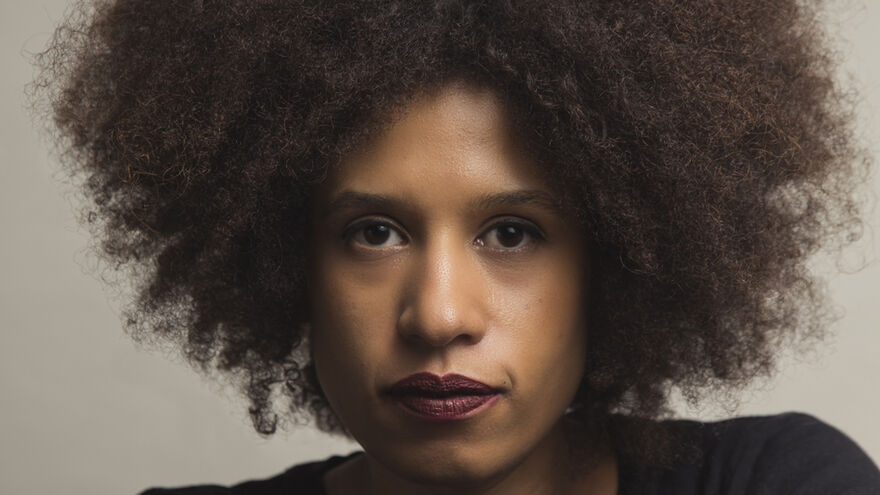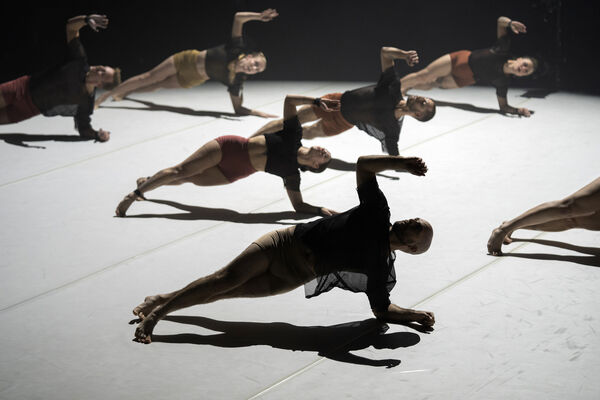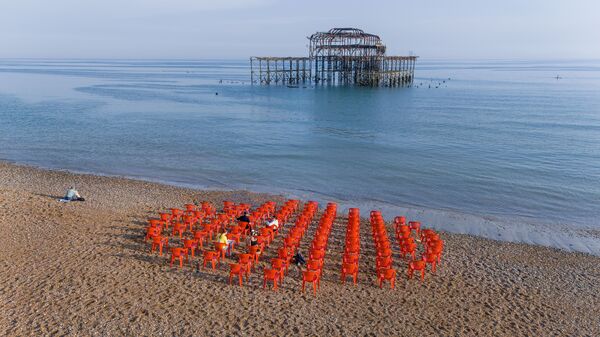
Five Minutes with Season Butler: The New Dystopians
What does a new dystopia look like? Two hugely-anticipated debut novels – Cygnet by Season Butler and The Farm by Joanne Ramos – give us a glimpse of what unsettling futures might await us in an age of easy travel and endlessly accessible technology. Brighton Festival welcomes both authors for an in-depth discussion about the future in the one-time-only event The New Dystopians. We had a chat with Season Butler about what audiences can expect.
Firstly, can you introduce us to your show and tell us what it is about?
I will be talking about my debut novel, Cygnet, a coming-of-age story grounded in some of the most urgent issues of contemporary life including climate change, addiction, precarious work and housing, and radical approaches for life-making for people with marginalised identities.
Why should someone come and see your show?
Many people feel that the present is edging on (or has already tipped into) a dystopian moment. I hope that my novel gives voice to the anxieties and redemptive potential of the contemporary moment.
Where did the idea and inspiration come from?
Years ago I was listening to a Radio 4 programme about people whose homes are threatened by coastal erosion and the lack of political and infrastructural support around this heart-breaking issue. It struck me as a really apt metaphor for the alienation people feel from the promises of security people invest in, only to find the lives they worked to build, along with the literal ground beneath them, falling away. I was also inspired by theorist Lauren Berlant’s writings, particularly Cruel Optimism and the idea of the “situation tragedy” as well as Naomi Klein’s This Changes Everything and Simone de Beauvoir’s The Coming of Age.
What sort of person is going to love this show?
Lovers of new literary fiction; anyone concerned about the real lived experience of climate change and those who want to make radical social changes to prevent its worst effects; people coming-of-age into adulthood or coming-of-old-age; social justice activists; lovers of Black women’s fiction and writing by people from marginalised communities.
What will surprise people about this show?
While many of my early readers perceive Cygnet to be based in a dystopian near-future, it is actually based in the very recent past.



